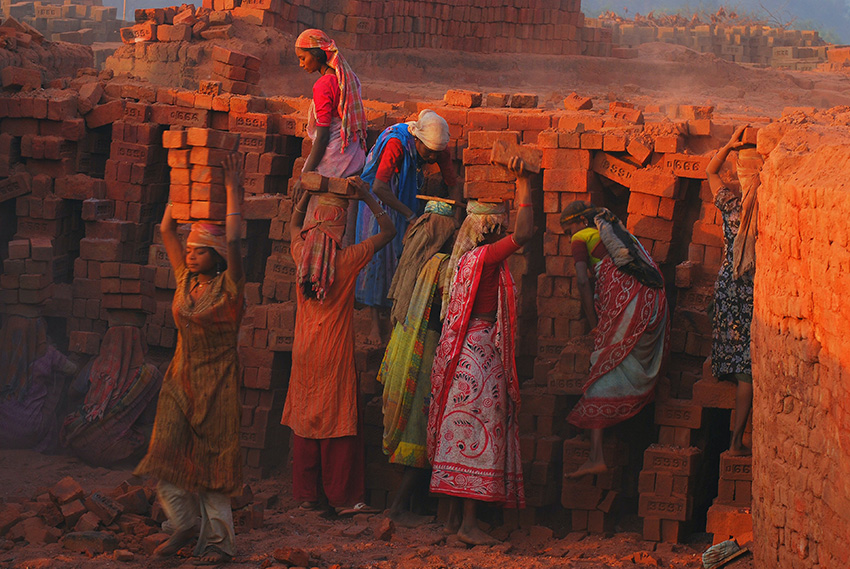With heatwaves surging across India and temperatures touching 49 degrees celsius in some parts of the national capital, the impact on the economy has been far-reaching. Extreme weather events have affected most parts of the world in recent years, and the lack of proactive action by governments and international forums to tackle the crisis is cause for concern. As a series of early-onset, prolonged heat waves cause temperatures in India to break a 122-year record, it is important to examine how these changes will affect lives and livelihoods.
As Derek Lemoine, Associate Professor of Economics at the University of Arizona, points out in an article for The Conversation, extreme heat reduces workforce productivity in both indoor and outdoor work; decreases crop yields and causes inflation in prices; increases energy usage, which in turn depletes coal reserves and triggers economically costly power outages; and adversely affects education, leading to learning losses among students, ultimately reduce their earning capacity in the long run.
The fact that India’s recent heatwaves have hampered wheat production—impacting domestic inflation and global exports—is an indication of the havoc that climate change can wreak on national and world economies. Construction and agricultural workers account for 49% of the total workforce in India, and heat waves leave them most vulnerable since their work conditions are often exploitative and the blistering heat poses a serious threat to their health as well as their income, which relies on output—which is heavily dependent on climatic determinants. Since the Indian economy is highly dependent on heat-exposed labour, the ramifications will be very prevalent.
A 2019 study titled ‘Working on a warmer planet – The impact of heat stress on labour productivity and decent work’ by the International Labour Organisation indicates that within South Asia, India is the country most affected by heat stress, as a result of which it will lose 5.8 percent of working hours and the equivalent of 34 million full-time jobs in 2030. The study also predicts that heat stress can reduce total working hours across the world by 2.2 percent, and decrease the global GDP by US$2,400 billion in 2030.
While India’s CO2 emissions are the third-highest in the world, it is aiming to become a carbon-neutral country by 2070. In the current context, there is an urgent need for planning to mitigate the impact of heat waves on people and economies. This can be achieved through comprehensive heat vulnerability assessments, robust afforestation, better early warning systems, resilience infrastructure, and adaptable Heat Action Plans that pay heed to geographical and socio-economic factors. For any of these ideas to reach fruition, policymakers must turn their attention to the human and economic costs of climate change.












